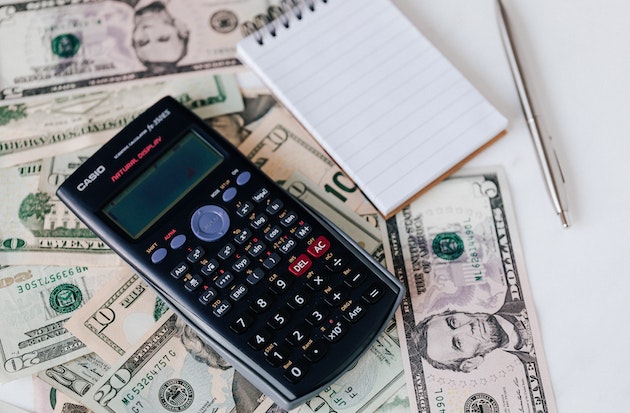1. Our Monthly Payments Are Suspended for ED-Owned Loans
ED placed your ED-owned student loans in a temporary payment suspension that started March 13, 2020. This means you don’t have to make monthly payments during this time. If you made a payment during this time, you can request a refund through your loan servicer.
Federal loan servicers were directed to report to credit reporting agencies as if regularly scheduled payments were occurring during the payment suspension period. Unless you chose to opt out of the payment suspension, servicers are reporting monthly payments of $0. Delinquency will not be reported during the payment suspension period, even if you chose to opt out of the payment suspension.
Generally speaking, if you were up to date on your payments before the payment suspension period began, interest accrued prior to March 13, 2020, will not capitalize. This means no outstanding interest will be added to your principal balance when the payment suspension ends.
However, if you were in deferment or forbearance prior to the payment suspension period, then interest accrued prior to March 13, 2020, will capitalize when your original deferment or forbearance ends or when the payment suspension ends, whichever is later.
If you were in your grace period before the payment suspension period began, any outstanding or unpaid interest on your account will capitalize as it usually does when you enter repayment.
2. There is a Temporary 0% Interest Rate on Loans Owned by ED
From March 13, 2020, to the end of the COVID-19 emergency relief period, the interest rate on ED-owned student loans is automatically set at 0%. That means your student loans will not accrue (i.e., accumulate) interest during this time.
If you are able, continuing to make payments on your loan servicer’s website has some benefits, such as paying off your loan faster and lowering the total cost of your loan over time.
Once interest accrued prior to March 13, 2020 is paid, the full amount of your payment will be applied to the principal balance.
Take advantage of the 0% interest rate period on your federal student loans
3. Your Income-Driven Repayment (IDR) Recertification Date Has Changed
You will not have to recertify your income before the end of the COVID-19 emergency relief period, regardless of whether your recertification date would have happened prior to the end of the relief period. As part of the payment suspension, your recertification date has been pushed out from your original recertification date.
You will be notified of your new recertification date before it is time to recertify. If you have moved, changed phone numbers, or have a new email address, contact your loan servicer to provide updated contact information.
Consider what your financial circumstances will be when repayment resumes. You might want to recertify early. If you recertify, your new payment amount will begin after the payment suspension ends. If you would like to recertify during the payment suspension, contact your loan servicer to request to do so.
4. Avoid Coronavirus-Related Scams!
There is no fee for this payment suspension or 0% interest period—not from the federal government and not from your loan servicer. If someone asks for money for either of those benefits, it’s a scam. Your loan servicer provides free help with your questions or concerns about your loan payments.
There is no coronavirus-related loan forgiveness for federal student loans.
All official and legitimate loan forgiveness options can be found on our site. Your loan servicer provides free help with your questions or concerns about your loan payments or applying for loan forgiveness.
Learn about avoiding student aid scams.
5. If You’re Struggling Financially, You Have Multiple Payment Options When Payments Resume
If you are worried you won’t be able to make your next payment after the payment suspension ends, you have options.
ED offers a variety of income-driven repayment (IDR) plans based on your income. Under an IDR plan, payments may be as low as $0 per month.
If you’re unsure about your next payment amount, you can also contact your loan servicer to confirm your upcoming payment amount. This info may be available to you online by logging in to your loan servicer’ s website.
Check out StudentAid.gov’s Loan Simulator to learn how switching your repayment plan could impact your monthly payment amount before your next bill.



